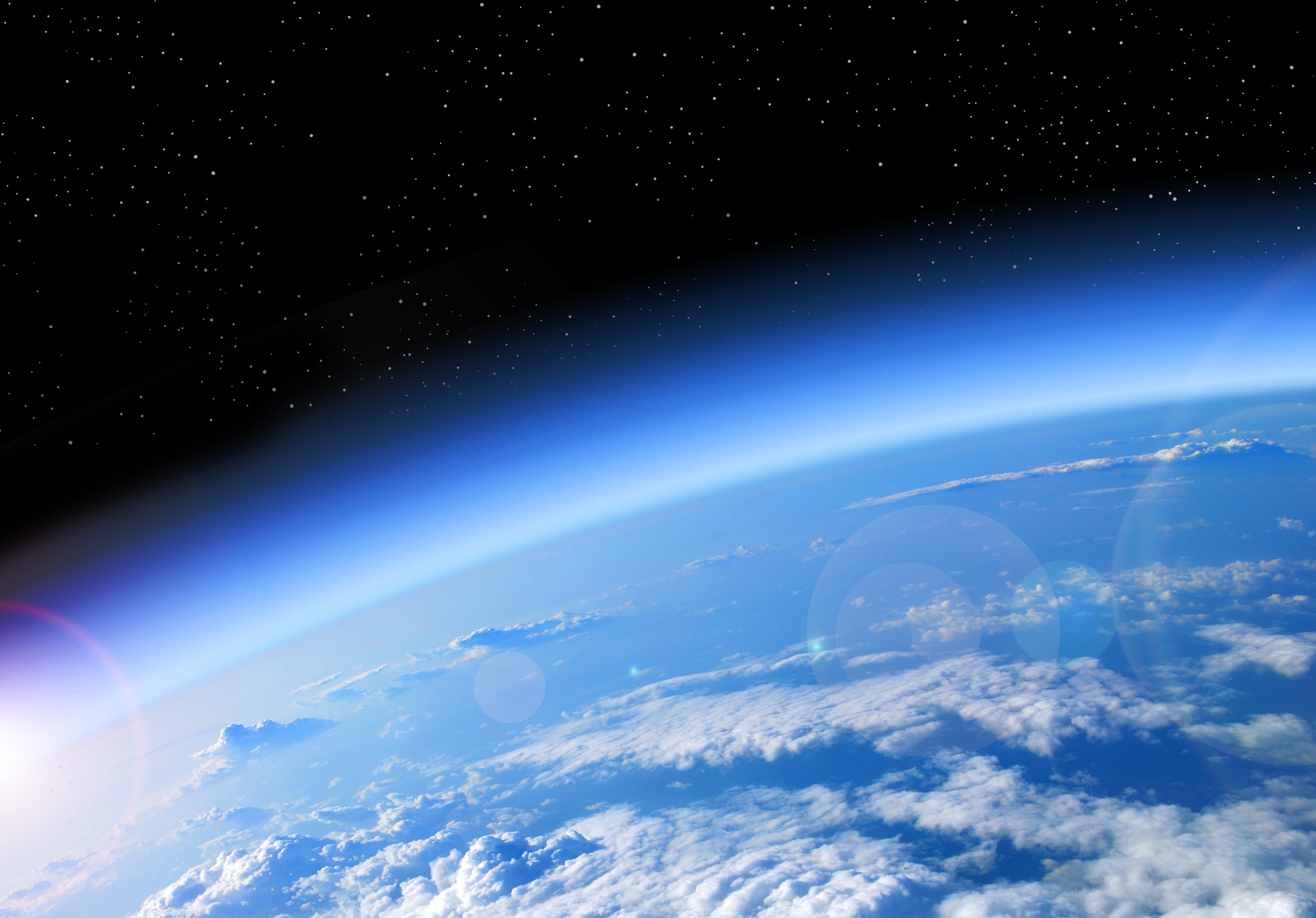How is ozone produced, and why does alcohol make you drunk?
We explore the curious questions that science can answer

How is ozone produced in the stratosphere?
First, molecular oxygen (consisting of two oxygen atoms joined by a covalent bond) is broken up by ultraviolet radiation. The individual oxygen atoms then combine with other oxygen molecules to form O3.
If you go too high in the atmosphere, there are not enough molecules for the oxygen atoms to form ozone; too low, and there is not enough ultraviolet light to break up significant amounts of molecular oxygen, as reactions in the atmosphere above have absorbed it.
If the stratospheric “ozone layer” gets thinner, more ultraviolet light gets through to the ground, which is dangerous to life. At ground level, ozone is not useful: it is very chemically reactive and does not rise to the upper atmosphere as it reacts and produces more stable compounds long before reaching it.
On the shipping forecast they use the term ‘smoke’. What does this mean?
“Smoke” is used to describe a certain condition of visibility. When visibility is low, you assume that something is in the air to cause it. When it’s water drops, then that’s called mist or fog; when it’s drier, it’s called haze. And there are two types of haze. Dust is the most common, but you also get smoke haze resulting from smoke itself or pollutants. Most UK stations don’t report smoke unless they’re 100 per cent certain that the cause is smoke; however, the station on the Isle of Man (Ronaldsway), an independent station, does often report smoke.
Is it true that you should turn mobile phones off when in petrol stations because they spark and are therefore fire risks?
Yes, but not because they spark. Mobile phone signals can interfere with electronic equipment; this is well known in hospitals, where mobiles can disrupt patients’ automatic drips. The same applies to petrol stations; you could end up paying £130 for £20 of petrol, or the signals could interfere with sprinkler systems if there were a fire. So, no electronic equipment should be used in petrol stations, as the electronics could go wrong and present a fire hazard.
Is it harmful to swallow chewing gum? Can it get ‘tangled up’ in your intestine?
No – this is an apocryphal tale, probably started by parents to stop children chewing gum. It is not digestible but does not attach to stomach walls – quite the opposite: it cannot stick to the moist, slippery walls of the intestines, and so will pass straight through.
How is ‘non-stick’ Teflon stuck on to frying pans?
The surface of a pan that is to be coated with Teflon is quite rough. Up close, you’d probably see something like the surface of a tarmac road – lots of cracks and lines. When the Teflon is poured on to this surface it fills these cracks.
As it solidifies, it gets caught in the cracks, and thus forms a bond with the surface of the pan. So although Teflon is very smooth when it’s solid, when it’s a liquid it can flow and fill surface cracks so that it can’t be pulled off.
What is the air pressure inside a soap bubble?
The pressure inside the bubble is greater than the pressure outside by an amount which is twice the surface tension (the force between the molecules making the skin) divided by the bubble’s radius. This difference in pressure tends to split the bubble apart. But what really makes bubbles pop is that there is a small amount of water trapped in the film, and this tends to drain to the bottom of the bubble under gravity. Eventually the weight of this region of water becomes too heavy for surface tension to support, and the film begins to split. The difference in pressure makes the split grow, and pop!
Why does alcohol make you drunk?
Alcohol is a depressant. It inhibits central nervous system receptors, which makes it difficult to control your body. In effect, it does the same as an anaesthetic, but not as severely.






Join our commenting forum
Join thought-provoking conversations, follow other Independent readers and see their replies
0Comments